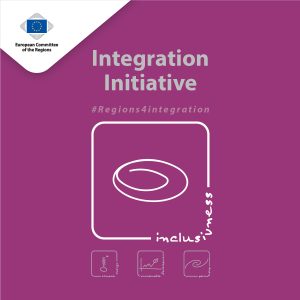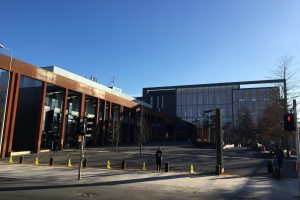City networks and migration in times of crisis: municipal mobilisation since 2015 to the Ukraine war
On Tuesday May 24 at 21:00 CET, for the sixth episode of Tesserae Dialogues we will meet Thomas Lacroix, research fellow at CNRS (Paris, FR)& Filippo Furri, Migreurop Association, (Paris, FR) and MiMetis (Siena, IT). Topic of this online conversation will be role of local authorities in inclusion of migrants and refugees in Europe, and how the initiatives of civil society can be integrated in the institutional capacity.
Copy the Zoom Link to join: https://us02web.zoom.us/j/82585179508?pwd=Rms1MFQ5bUFyRzhnNzVRQUpFWWYrZz09

Thomas Lacroix is a geographer, director of research at the CNRS, affiliated with the Centre de Recherches Internationales de Sciences Po. He is also an associate researcher at the Maison Française d’Oxford, at Migrinter and a member of the Institut Convergence Migrations. Thomas Lacroix works on transnational migratory worlds in their different facets and the way they affect states and territories. His research focuses more specifically on the formation of city networks on migration issues and their influence on both local reception policies and the international governance of migration. He has published some fifteen books and special issues of journals, including, with Amandine Desille, International Migrations and Local Governance. A Global Perspective (Palgrave 2018), with Anouk Flamand a special issue entitled “Villes et territoires accueillants” en France et ailleurs en 2021 and with Sarah Spencer a special issue to be published very soon of Global Networks entitled “Cities in networks, city networks and the governance of international migration”

Filippo Furri is an anthropologist, obtaining a PhD at the University of Montreal, with a focus on migration and reception in Europe and researches the notion of Refugee Cities. He is member of the Euro-African Migreurop network and is among the editors of the 2017 edition of the Atlas des Migrants en Europe. He is part of the Boats4People coalition with which he published in 2017 a Guide for family members of dead and missing persons in the Mediterranean and is researcher associated with the research project MECMI-Death in Migration Contest. He also collaborates with the group/project Border Forensic. Although if not a “cartographer” he often adopts a spatialized gaze on his research, and has extensively worked in interdisciplinary teams using cartography and mapping as core part of their activity.event
Register here on eventbrite for the online event


